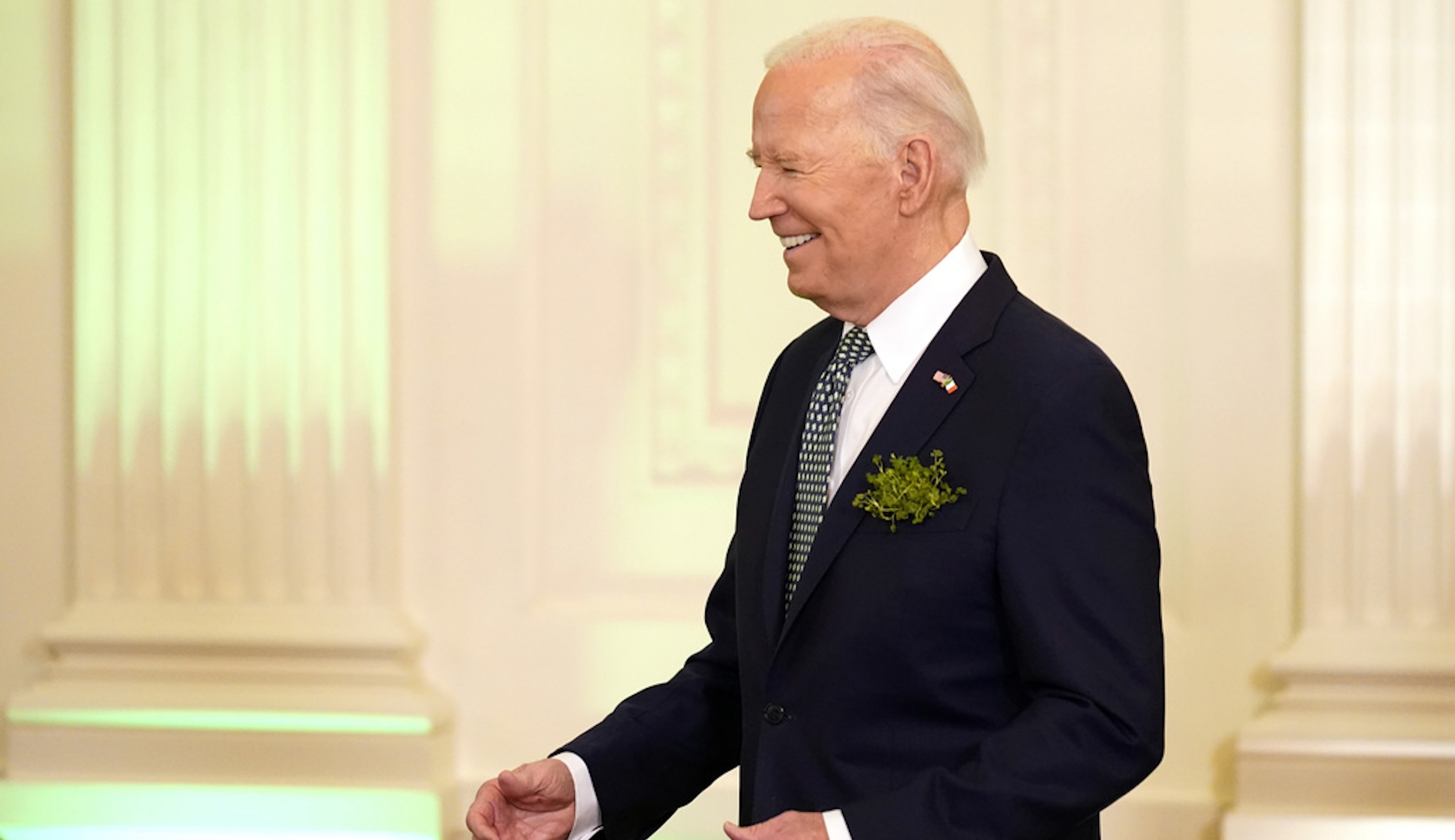

National Security Council spokesman John Kirby would not say on Sunday if President Joe Biden agrees with Senate Majority Leader Chuck Schumer’s (D-NY) call for new elections in Israel.
Schumer, the highest-ranking Jewish official in the United States, delivered his strongest condemnation to date of Israeli Prime Minister Benjamin Netanyahu on Thursday. The Senate majority leader criticized Netanyahu’s actions in Gaza and accused the Israeli leader of using the war to protect himself politically.
As for the election call, Schumer cautioned that neither he nor the U.S. was trying to influence the future race. He also suggested it take place “once the war starts to wind down.”
“At this critical juncture, I believe a new election is the only way to allow for a healthy and open decision-making process about the future of Israel at a time when so many Israelis have lost their confidence in the vision and direction of their government,” he said in his Thursday floor speech.
The comments were met with widespread condemnation among both Israeli leaders and U.S. Republicans, who described Schumer’s interference in Israeli domestic politics as an inappropriate overreach. Among Biden and fellow Democrats, the issue has been more fraught. While some have been vocally supportive of Schumer’s speech, others have declined to echo his call for new elections.
Biden said on Friday that he thought Schumer delivered a “good speech,” but would not elaborate on the specifics.
Asked if Biden believes that Netanyahu is a bigot and an impediment to peace during an appearance on ABC’s This Week, Kirby replied, “These are two men — leaders that have known each other a long time, Shannon, and they don’t agree on everything, haven’t over 40 years. And there are certain aspects to the prosecution of operations in Gaza where we obviously don’t agree with everything that Israel has done.”
“But they have a relationship where they can talk to one another, and they do, and they will again,” he continued. “He is the prime minister of Israel, and we respect the sovereignty of the Israeli people.”
Pressed further, Kirby would only say, “The president believes it’s up to the Israeli people and the Israeli government to determine if and when there’s going to be new elections. But he does, as he said shortly after leader Schumer’s very passionate speech, he recognizes that the leader was speaking for a lot of Americans who feel the same way about the way the war is going.”
“We also have concerns about some of the operations and how they’re being conducted. We need to make sure that civilians are protected and secured, that civilian casualties come down, that more trucks and assistants get in, and, of course, we’re still working on that temporary ceasefire to get all those hostages out.”
CLICK HERE TO READ MORE FROM THE WASHINGTON EXAMINER
The Oct. 7 massacre and Israel’s military offensive have highlighted internal divisions within the Democratic Party. Hard-left Democrats have vocally opposed Israel’s response to the attack, which marked the largest massacre of Jews since the Holocaust, while most in the party have emphasized Israel’s right to defend itself even as a growing number call for restraint.
Support for the war has waned on the Democratic side of the aisle in recent weeks, the result of the high death toll of Palestinians and Netanyahu’s refusal to bow to U.S. demands to allow more aid into Gaza amid warnings of mass starvation and disease outbreaks. Adding to the Democratic anger is the looming Rafah invasion, which Netanyahu said he would conduct regardless of Biden’s statements condemning such a move.







